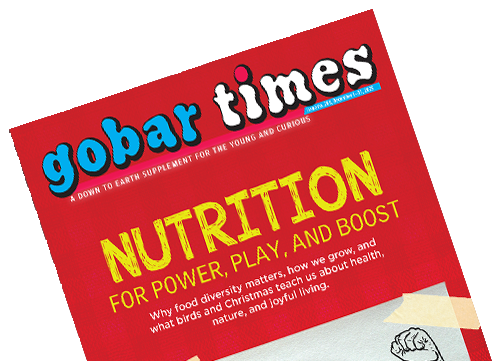
Thanks to the real-life bat, the reel-life Batman became a superhero. I have vivid childhood memories of the trees near my school from which more bats hung than leaves. During summery dusks, they’d glide away en masse in a procession. I believe, even then as today, people would’ve been susceptible to the viruses spread by their droppings. But such cases were unheard of. Rather, people fed upon this fascinating creature to cure their ailments— like, rheumatism, asthma, and chest pain; and used bat hair to treat shivering during fever.

Many of us love pets, especially dogs. But do you know that over the last five years, they have killed more than 300 people, mostly poor and rural children? Over 20,000 rabies deaths have been caused by homeless dogs and more than 30 endangered species have been hunted by them in the wild. The human-animal conflict between people and stray dogs in India has reached an alarming level. So, the next time you venture outdoors, please take care of yourself!

Summarizing the Union Budget in a cool, simplified, less dreadful, more interesting, nowhere mind-boggling, and in quite a thought-provoking manner. *********************************** 11am, 1st February: a moment for which people across the country wait anxiously every year. Why?...

At the outset, I want to thank the United Nations of Humans for giving us this opportunity to address all of humankind. I speak on behalf of the quintillion microbes of our planet. I know that we are speaking to you in a time of great distress. Each of you present here has faced personal tragedies. We convey our deepest condolences...

To burst or not to burst?’ is a question many young humans might be asking as the patakha (firecracker) season begins. Teachers and doctors tend to advice against firecrackers but there’s always a paan-chewing uncle or a macho friend who’ll bully you kids into becoming enthusiastic arsonists. It’s usually a tough choice to make. Some additional information is always a good help in firming up ones’ resolutions. Therefore, let's throw some light on the history, chemistry, and eco-friendliness of patakhas.

